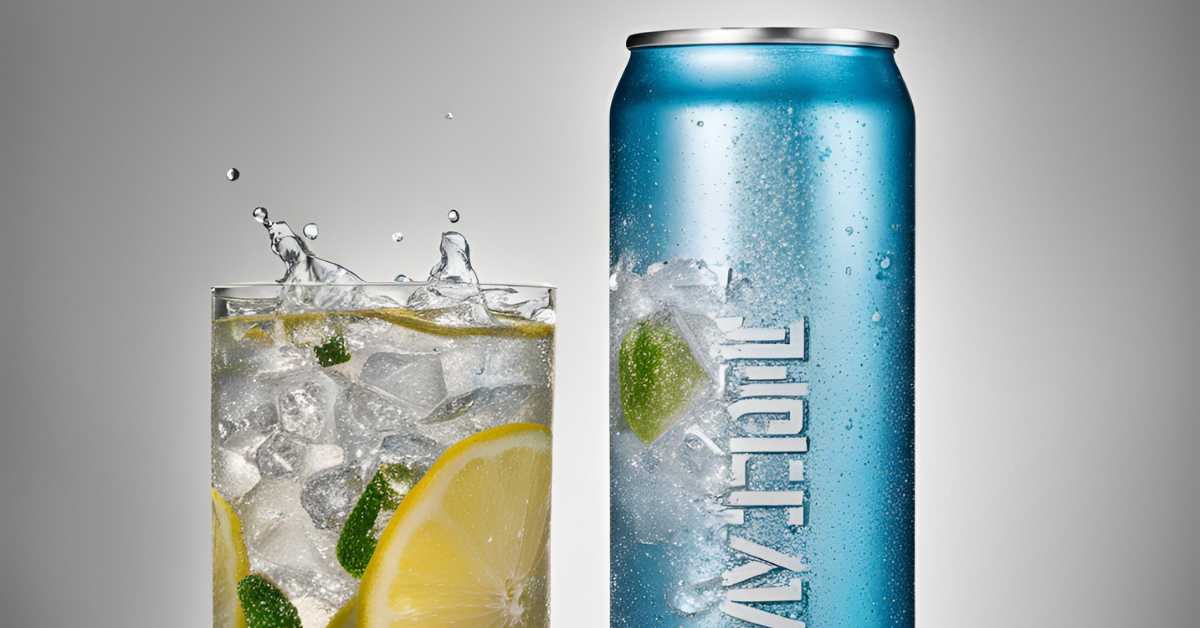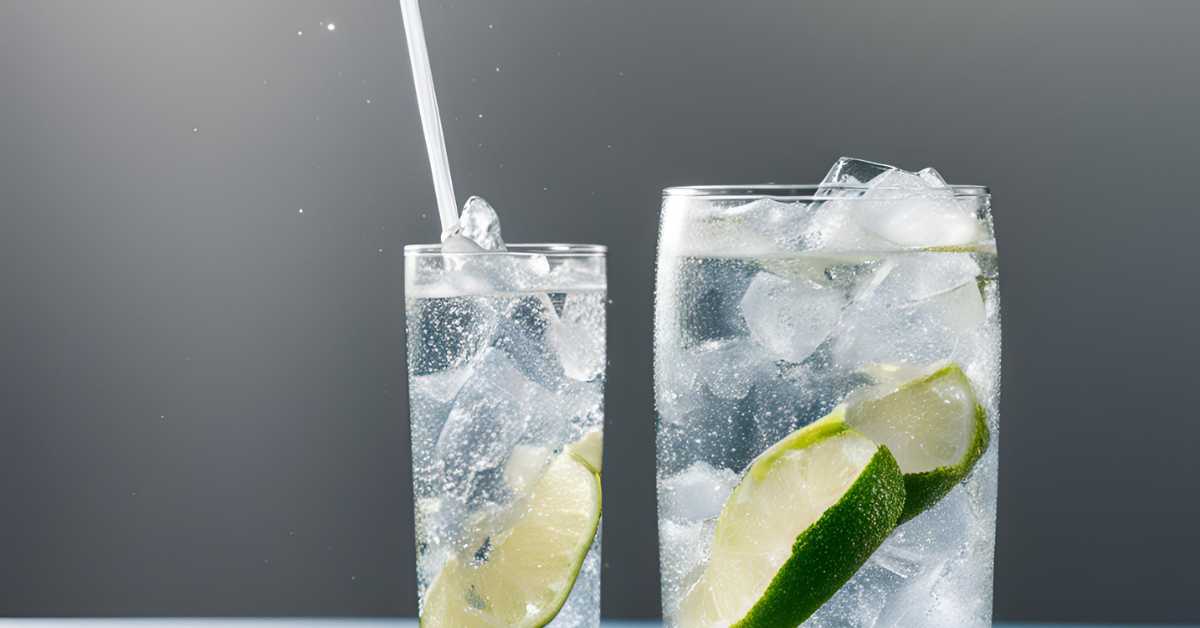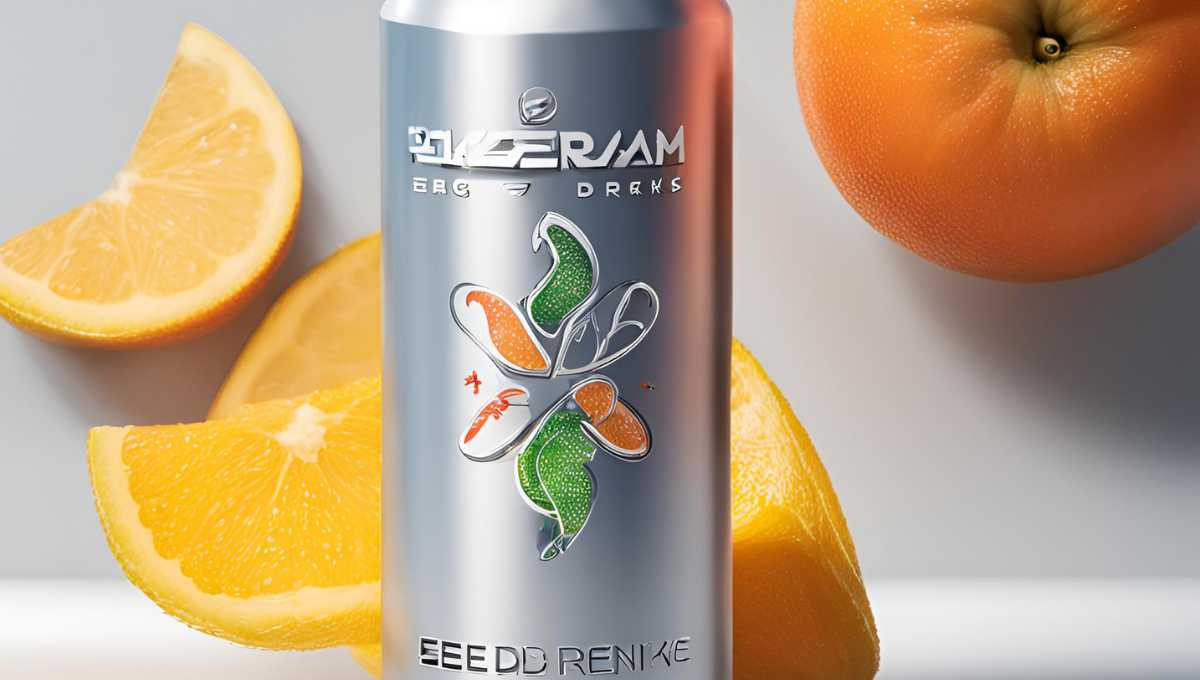Sparkling water
Have you noticed lately how there’s been an explosion in the variety of sparkling water out there? with flavors like Lacroix peach pear, Polar’s limited-edition blackberry citron, and unicorn kisses? There’s sure to be something for everyone. But recent articles in the popular media with sensational titles like “The Sad Truth About Seltzer and Flavored Waters, Including Lacroix, Are Eroding Your Teeth” need to suggest that, They might not be healthy for you.
Is sparkling water a healthy choice?
Health care advocates have long been encouraging Americans to reduce their consumption of sugar-sweetened beverages. because they increase the risk of obesity and chronic diseases like type 2 diabetes. The consumer desire for a healthy soda alternative has birthed the flavored sparkling water market. and there’s huge demand. According to Euromonitor beverage consumption trends, drinking bottled water, which includes sparkling water, is increasing and has now surpassed soda.
It seems intuitive that drinking zero-calorie sparkling water would be good for you. Even the labels are touted as being both sugar-free and guilt-free.
In This Post
ToggleBut is sparkling water healthy? Let’s dive into the details.

What is sparkling water?
Sparkling water, also known as carbonated or seltzer water, Where I live in the northeastern US, there is water with dissolved carbon dioxide gas under pressure. yielding delightful fizzy bubbles. It can be unflavored or flavored to yield a low-calorie or zero-calorie beverage.
Consuming sparkling water in place of soda is certainly healthier for several reasons.
- First, you’re skipping the added sugars, so you’re eliminating those rapid spikes in blood glucose and excess calories.
- Many flavored sparkling waters use natural flavors, which are produced by distilling and extracting compounds from plant and animal products.
- yielding aroma and flavor without additional calories.
- So, does it provide a lovely sugar bath for the bacteria that are living in your mouth?
- When these bacteria break down the sugar, they produce acid, which can erode your tooth enamel and cause cavities.
- Since sparkling waters are sugar-free, they don’t contain any food for those oral bacteria.
- High cola consumption has been associated with weaker bones.
- but the culprit seemed to be the phosphoric acid and caffeine in colas, not the carbonation.
Sparkle water could have some potential downsides.
- They’re replacing plain old tap water with sparkling water.
- When carbon dioxide is added to sparkling water, it creates carbonic acid, which is a weak acid.
High school chemistry flashback:
- The acidity of a solution is represented by its pH.
- The pH scale goes from 0 to 14, with 7 being neutral.
- A pH lower than 7 indicates an acid, and a pH higher than 7 indicates a base.
- Studies have shown that acidic beverages with a pH of 4 or lower can cause tooth erosion, and beverages with a pH of 3 or lower are considered extremely erosive.
- Unflavored sparkling waters generally have a pH around 5.5, so they’re not acidic enough to risk enamel erosion.
I decided I would measure the pH myself.
- I designed a simple experiment to determine the pH values of both flavored and unflavored sparkling waters available at my local grocery store.
- After picking up my favorite flavors and polling my friends for their top picks,.
- I ended up with 26 varieties of both flavors and unflavored sparkling water.
- I measured the pH by using a digital pH meter that I calibrated immediately prior to the experiment.
- Each sparkling water was measured in triplicate, immediately after opening.
- For comparison, I also measured the pH of my tap water, lemon juice, and Coke Zero as an example of soda.
the results!
- The most acidic solution measured was lemon juice, with a pH of 3.1.
- and Coke Zero with a pH of 3.2.
- None of the flavored or unflavored sparkling waters were as acidic as the Coke Zero.
- So this again supports the idea the idea that choosing sparkling water over soda is a healthier choice with respect to erosive potential.
- Using the criteria of a pH less than 4.0 as being erosive and a pH greater than 4.0 as having minimal erosive potential,.
- Six of the sparkling waters tested are considered erosive, with pHs ranging from 3.6 to 3.9.
- and the other twenty are considered minimally erosive, with pHs ranging from 4.1 to 5.6.
Sparkling waters flavored with fruit juice
- such as Spindrift Blackberry and Orange Mango, were the most acidic, both with a pH of 3.6.
- And that’s because fruit juice is naturally acidic.
- The least acidic sparkling waters were the mineral waters Sanpellegrino, with a pH of 5.3, and Perrier Lime, with a pH of 5.6.
- The other 18 non-mineral sparkling waters had pHs ranging from 4.1 to 4.6.
- So they’re considered minimally erosive but still pretty close to that acid enamel-eroding threshold.
- Surprisingly, two of the three unflavored sparkling waters tested were more acidic than pH 5.5.
- So based on my tests, they shouldn’t be considered differently from other flavored sparkling waters.

What should we do with this information?
My experiment had a few limitations. I didn’t test every single flavor of an unflavored sparkling water available on the market, and I would imagine that it’s unlikely that you’re going to run around testing the pH of your beverage before you drink it. So you’re not always going to know the acidity of your sparkling water. Due to these uncertainties, I would recommend treating all sparkling water as potentially erosive. While sparkling water certainly isn’t as concerning as soda or citrus juice with respect to enamel erosion, this data indicates that sparkling water should still be consumed with some special considerations.
The final result
But don’t worry; that doesn’t mean you shouldn’t drink it. Try following some of these tips to help reduce the exposure of your teeth to potentially acidic beverages, and you should be fine. As consumers, perhaps we could advocate for beverage labels to state the pH along with the ingredients. But overall, I welcome the variety of flavors available to help make healthy beverages more exciting.
FAQ
Sparkling water is slightly acidic, which can affect tooth enamel over time. However, its acidity is much lower than that of sugary sodas. Drinking it in moderation and maintaining good oral hygiene can help protect your teeth.
Yes, sparkling water can aid in weight management by replacing high-calorie sugary drinks and helping to create a feeling of fullness, which can reduce overeating.
For some people, the carbonation in sparkling water can cause bloating and gas. If you experience discomfort, you might want to limit your intake.
Sparkling water is generally safe for children, but it’s best to choose varieties without added sugars or artificial flavors. Encourage kids to enjoy it as part of a balanced diet.
While there’s no specific limit, it’s wise to consume sparkling water in moderation. Pay attention to your body’s response, especially regarding bloating or dental sensitivity.





